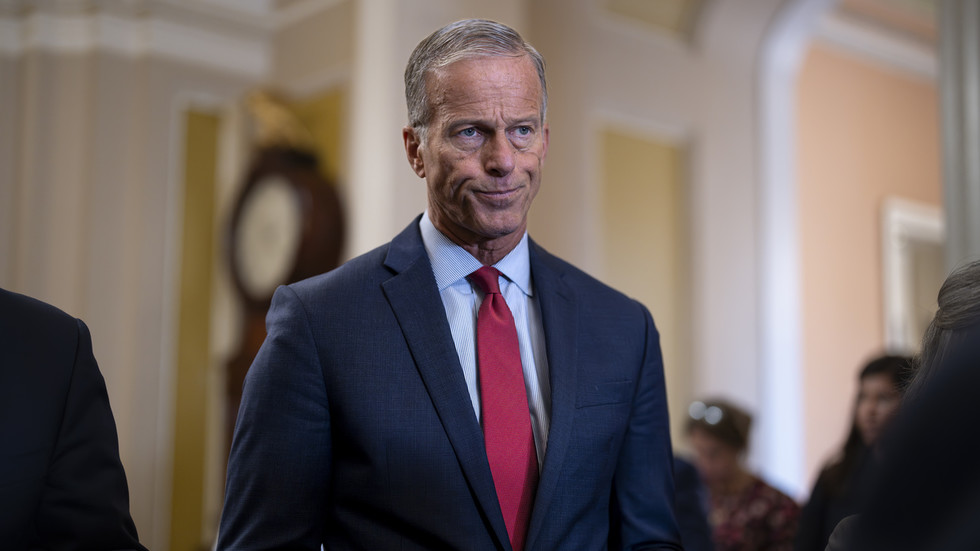Senator John Thune has issued a warning regarding the International Criminal Court’s (ICC) case against Israeli Prime Minister Benjamin Netanyahu, suggesting that the court should drop its case or risk facing repercussions from Washington. Thune, who is positioned to become the Senate Majority Leader, emphasized that if the ICC and its chief prosecutor, Karim Khan, do not cease their pursuit of arrest warrants against Israeli officials, the United States should impose sanctions against the tribunal. The remarks come in light of Khan’s announcement in May that he was considering charges against Netanyahu, former Defense Minister Yoav Gallant, and three Hamas leaders for “crimes against humanity” in Gaza. This strong stance from Thune reflects a broader bipartisan sentiment in the U.S. Congress to support Israel amid ongoing tensions with the ICC.
Thune’s comments were aimed at galvanizing support for Israel within the Senate, particularly as the Republican Party is expected to take charge of the chamber in the upcoming session following the seating of newly elected senators. He noted that the Senate should prioritize passing legislation that supports Israel and counteracts the actions of the ICC if Democratic Majority Leader Chuck Schumer does not take the lead. Thune’s election as the new Senate Majority Leader faced some criticism for his ties to establishment politics, particularly from supporters of former President Donald Trump. Nevertheless, his leadership is poised to steer a pro-Israel legislative agenda in Congress.
In the House of Representatives, a bill has already been passed that targets ICC officials who prosecute U.S. allies, including measures to revoke visas and impose financial penalties. This legislation received bipartisan support, garnering votes from 42 Democrats alongside the Republican majority. However, President Joe Biden has expressed his strong opposition to the measure, complicating its potential implementation at the executive level. The divide in opinion highlights the complexities of U.S. foreign policy toward the ICC and its consequences for international relations, especially regarding steadfast allies like Israel.
Amidst these developments, it’s important to note that the ICC has yet to take action on the prosecutor’s request for arrest warrants. Since the announcement, Israel has acted decisively, killing the three Hamas leaders who were named in the intended charges. Additionally, Netanyahu has recently dismissed Gallant, signaling a shift in Israeli leadership dynamics amidst the international scrutiny over their military actions in Gaza. The situation underscores the increasingly fraught interactions between Israel, the ICC, and U.S. foreign policy.
The contentious relationship between the ICC and the U.S. stems from a broader historical context, as the United States has consistently expressed skepticism and opposition toward the court. A law enacted in 2002, often referred to as “The Hague Invasion Act,” empowers the U.S. president to take any actions deemed necessary to secure the release of American or allied personnel detained by the ICC. This legislation highlights the U.S. government’s commitment to protecting its interests and those of its allies, even if it means exerting military or diplomatic pressure on international bodies.
As the political landscape in Congress shifts towards a Republican-led majority, the implications for U.S.-Israel relations and the ICC’s efforts to prosecute international crimes become increasingly significant. Thune’s firm stance not only emphasizes the commitment of his party to stand by Israel but also signals the likelihood of intensified legislative measures against the ICC if it continues to pursue actions perceived as hostile to U.S. allies. The coming months will likely reveal how these dynamics evolve, especially with the upcoming changes in Senate leadership and the potential for further diplomatic confrontations surrounding international legal proceedings.

